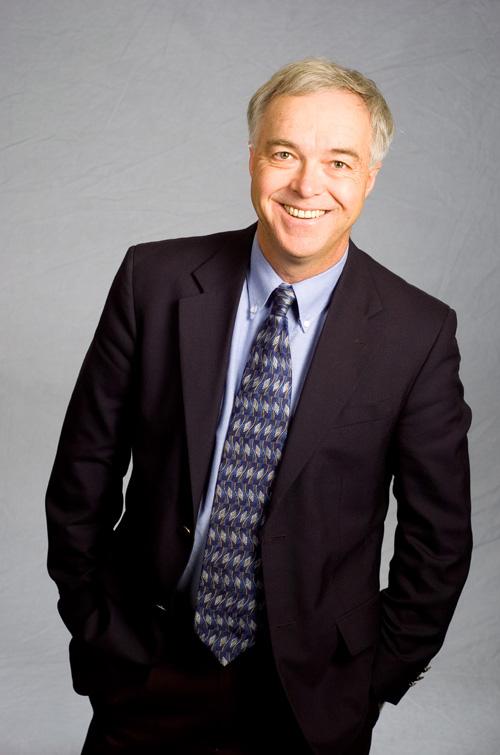Censored music finds outlet
Mar 10, 2009
Many students across the nation often take for granted the rights promised to them in the Constitution. From books to concerts to the Chief Illiniwek issue, the concept of free speech seems to be ever-present here on campus, yet it has a tendency to fall into the background. In an effort to raise aw…Many students across the nation often take for granted the rights promised to them in the Constitution. From books to concerts to the Chief Illiniwek issue, the concept of free speech seems to be ever-present here on campus, yet it has a tendency to fall into the background. In an effort to raise awareness of the First Amendment, the University will be hosting Freedom Sings, a performance that showcases musical censorship over the years and tours college campuses.
“Essentially, we identified songs that had been censored over the last 280 years, and then I wrote a narrative that begins in the early 1700s that goes right up through the present,” said UI alumnus Ken Paulson, president and chief operating officer of the Freedom Forum. “The show incorporates everything from Francis Scott Key to Eminem.”
Paulson, who graduated from the University’s College of Law in 1978, went on to explain that the event originally formed about 10 years ago in Nashville, Tenn., as a series of concerts. The event grew to include prominent rock, pop, country and gospel musicians and has been touring campuses for five years.
According to the Freedom Sings Web site, frequent performers include Craig Krampf, the legendary drummer behind such songs as “Eye of the Tiger” and “Bette Davis Eyes”; gospel singer Ashley Cleveland, and Jonell Mosser, a soul singer whose work has appeared in the films “Hope Floats” and “Boys on the Side.” The current cast boasts three Grammy award winners.
The show also includes various other forms of multimedia, including images of the civil rights movement and album covers.
Get The Daily Illini in your inbox!
But the performance attempts to instill in students something more than the average concert.
“People take their own liberties for granted and art and music are often under attack,” Paulson said. “This show takes a look at why the First Amendment needs to be protected. … The show serves to remind audiences of just how valuable the five freedoms of the First Amendment are, and that music is a perfectly potent form of free expression.” The event was brought to the University through Campus Uncensored: Your Rights, Freedoms and Responsibilities, a series of events sponsored by the Office of the Chancellor. Freedom Sings is a nonprofit organization, and the University pays for the expenses of getting the musicians to campus and other basic costs. Admission is free to the general public.
“I think it shows how music can be a reflection of a society but then really also forces us to hold up a mirror and say, ‘Look at us’ … If that media is silenced in a way, what does that do for us as a society?” said Brian Farber, associate dean and director of student conflict, who helped to bring Freedom Sings to the University.
Farber first saw the program about 10 years ago while working at another university and thought it was an engaging way of approaching the notion of free speech.
“It was history but also really interesting and kind of funny at points,” he said, referencing the specific songs that had been censored.
Getting the general public, especially college students, interested in the program proved difficult, however.
“The real challenge is to convey to the public just how much fun this is,” Paulson said. When you tell people you’ve written a stage show about the First Amendment, they tend not to show up. It sounds educational but not very interesting to many. But once folks come out and see it, they understand it’s entertaining, it’s reverent and it’s inspiring.”
But this show has a special meaning for Paulson, who held positions at both The Daily Illini and WPGU during his time spent on campus while simultaneously learning about the First Amendment in his law classes.
“A lot of the music in the show are songs that I would’ve played on the campus radio station or written about at the DI,” said Paulson. “It’s a special treat to bring the show to the U of I.”
By sponsoring the event, the Campus Uncensored program hopes to enhance awareness of constitutional rights and encourage free speech among faculty and students.
“We need to engage ourselves in the process of encouraging speech we dislike with more speech,” Farber said. “I think it’s really important that people understand what happens if we silence free expression. … If we didn’t allow a viewpoint, we didn’t agree with to occur, well, who are we to decide what gets to be expressed and what doesn’t?”
Freedom Sings also tries to keep a politically neutral standpoint while expressing the importance of free speech.
“We’re very careful not to take political sides, so our show includes both liberal and conservative songs,” said Paulson. “You’ll hear ‘Fear of a Black Planet,’ but you’ll also hear ‘It’s a Grand Old Flag.’ We have a medley about Vietnam in which we play four songs, two on both sides. People who view the show view it as fun but fair.”
But perhaps most importantly, the show attempts to explain the necessity of the First Amendment and allowing free speech in America to students who may have never realized its importance.
“In a poll a couple of years back of high school students, 45 percent said that the First Amendment goes too far and gives Americans too much freedom,” said Paulson. “This show is about invigorating passion for America’s most fundamental freedoms. We hope the audience will walk out singing both their favorite song and leave with a new appreciation for the First Amendment.”






